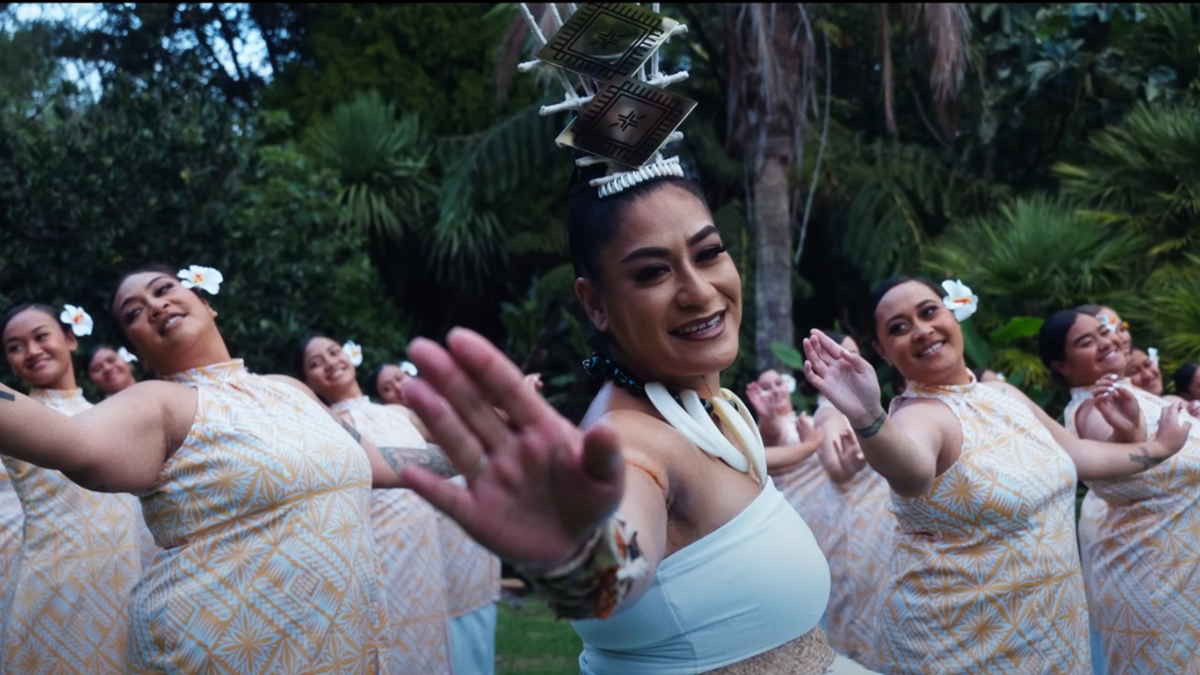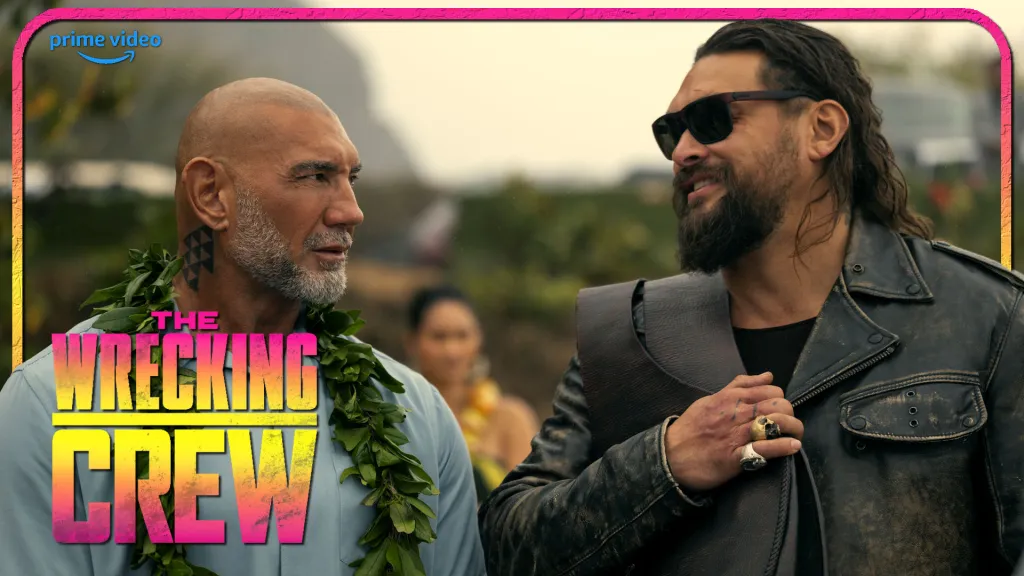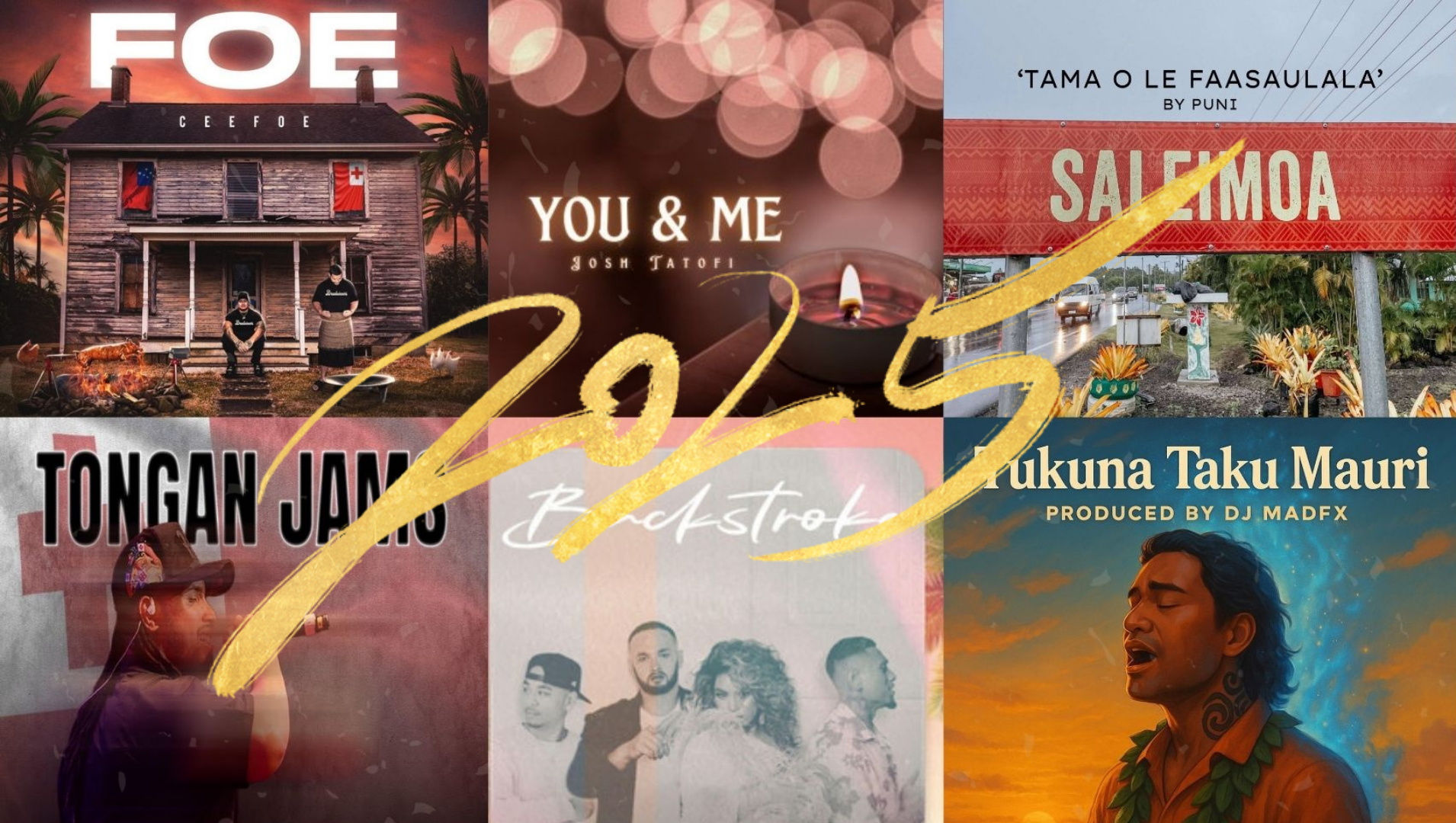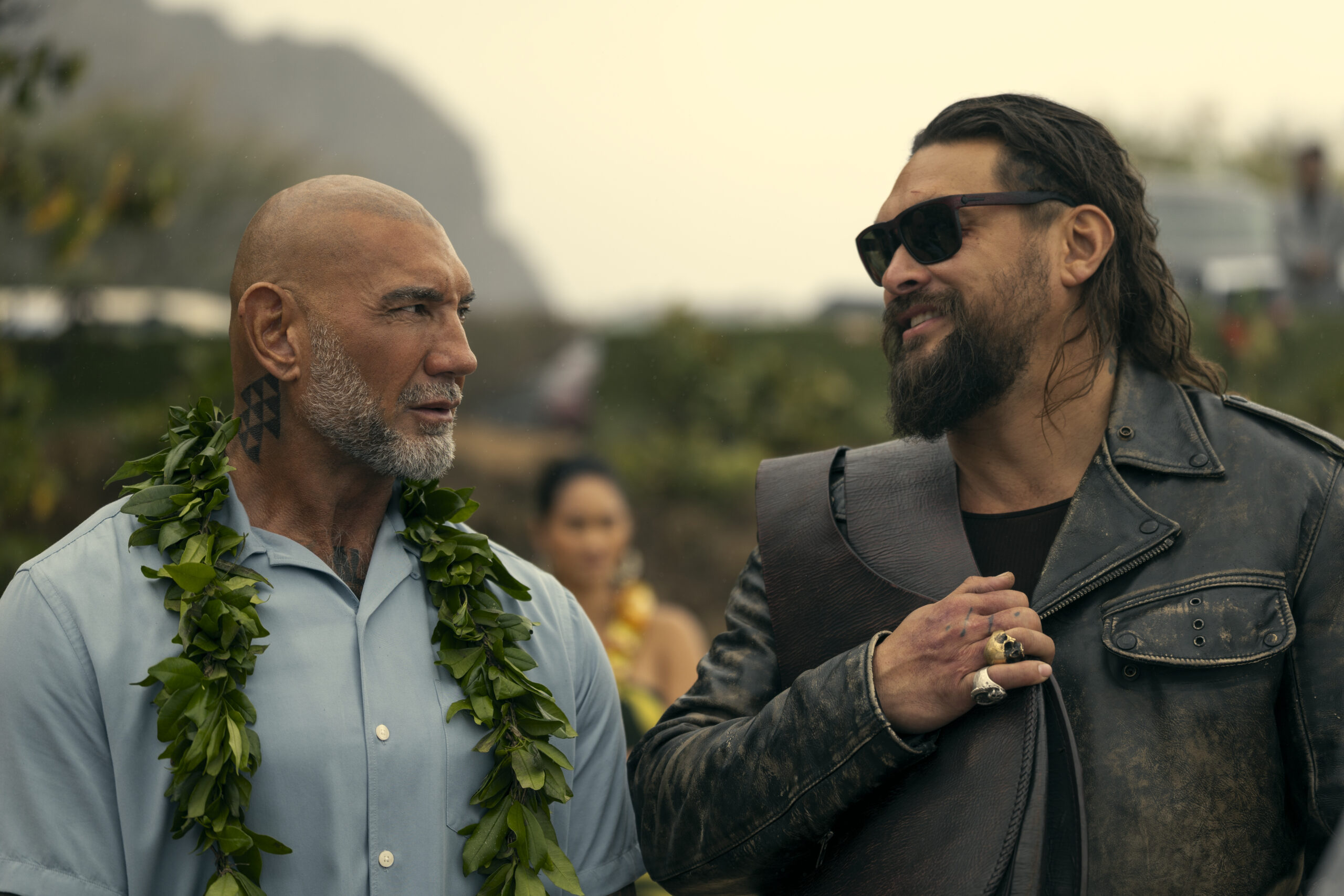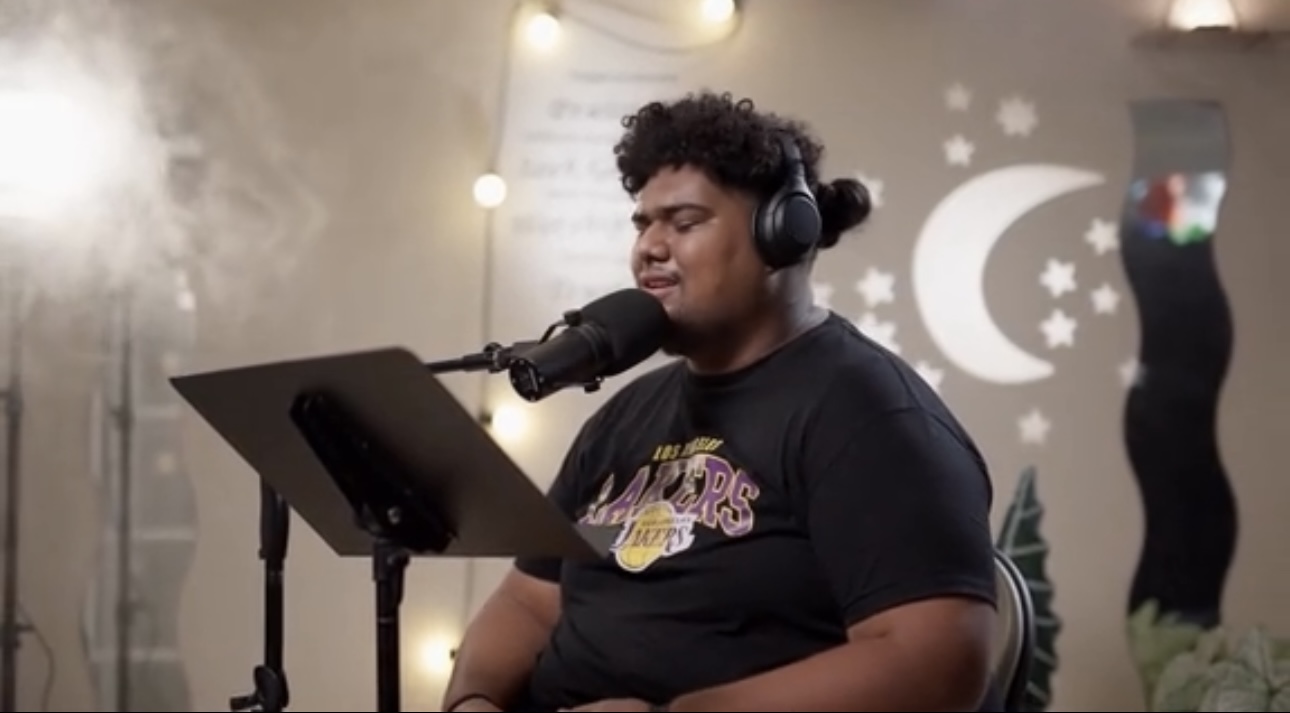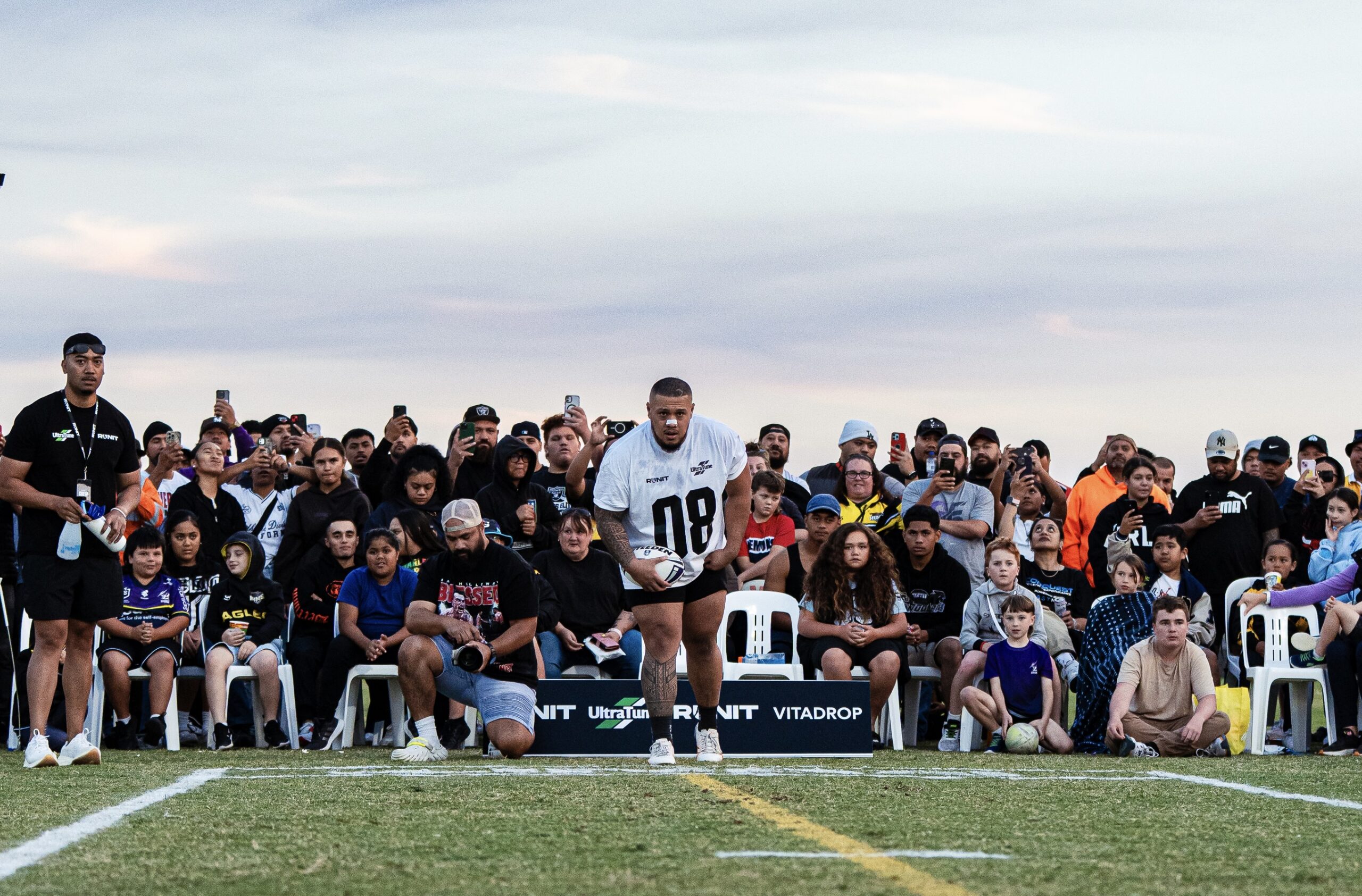Tree and Wayno have recently launched their latest track, “Tupulaga Samoa,” alongside its music video. We had the opportunity to sit down with Tree to dive into this latest release and her musical journey.
Tree’s musical journey took root in church, where her passion for singing began at the age of 7. Throughout her upbringing, she eagerly embraced every opportunity to perform. By the time she turned 16 in high school, she was already a member of an all-girl band, actively participating in competitions and tours. This early immersion in music set the stage for her professional career, which has since flourished. Since those formative years, Tree has achieved significant milestones, including collaborations with Sammy Johnson on “Don’t Say Goodbye” and projects with her husband, Swiss. From the acclaimed “Afio Ane Loa” to numerous other creative endeavors, her artistic journey has been marked by innovation and growth. Her latest release,
“So much empowerment has been woven together— for our people, music is our universal language, so when you layer a soothing melody and a Pacific sound over an encouraging message, it’s empowering.”
-Tree
“Tupulaga Samoa” featuring Wayno, stands as a testament to her ongoing dedication to musical exploration and expression.Tree reflects on her journey with deep gratitude, acknowledging the invaluable connections she’s forged with fellow musicians who have paved the way and shown her that possibilities are limitless. She credits her supportive family background for instilling in her the resilience to persevere in her musical pursuits every day. Among her inspirations, Tree highlights Sammy Johnson, Uncle Fiji, and her husband Swiss, but she reserves a special place for her mother as her true-life influence. Growing up, Tree was deeply influenced by her mother, who herself had a strong musical legacy within their family. Her mother, a former worship team singer deeply involved in church life, served as a role model. Witnessing her mother’s dedication to pursuing her dreams while balancing the responsibilities of motherhood and community service left an inspiring mark on Tree. She followed in her mother’s footsteps, inspired by her commitment to happiness, service to their village, and dedication to family. For Tree, her mother remains a strong influence both in music and in life. Influenced by both these artists and her mother, Tree’s Samoan culture and identity play a significant role in shaping her music and defining who she is today.
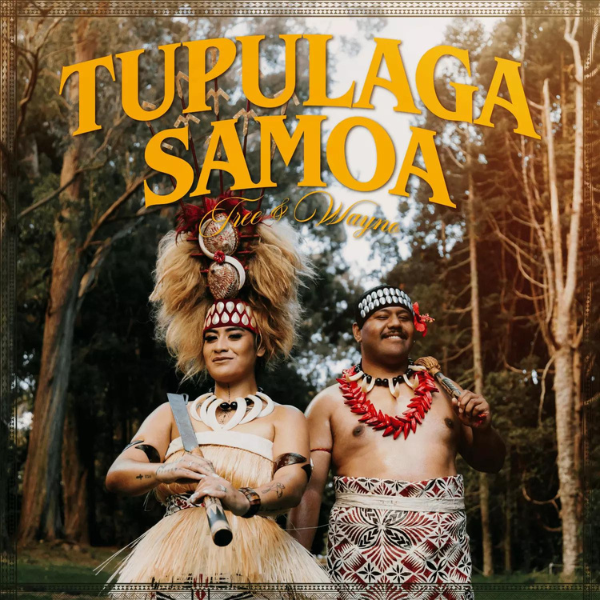
She emphasizes that her talent represents only 20% of the equation; it is the values and traditions of her Samoan heritage—such as respect, service, honor, and integrity—that have provided the discipline necessary to sustain her creative practice and artistry. Tree firmly believes that without her cultural heritage and the strength of her ancestors, she wouldn’t have endured in her career. She acknowledges standing on the shoulders of resilient giants, emphasizing that her lineage is one of warriors—a common thread among Pasifika people. For Tree, her Samoan culture and faith are paramount driving forces throughout her journey and career. She asserts that integrating faith and culture serves as guiding lampposts illuminating her path, offering strength and direction. These elements form the foundational core that defines her identity far beyond her musical endeavors.
Tree acknowledges the song’s writers, Joyce Lonise Toleafoa Salu and Juliana Sopoaga Lologa, noting that one of them was her close friend from high school. Originally penned for a Polyfest group at a school lacking Pasifika representation—where only a few Pasifika girls attended—the song served as an empowering anthem for those girls and their school community. The message of this song
is about embracing pride in one’s Samoan culture and identity, while staying grounded in faith. It encourages the younger generation to unite in pride, guiding them through life’s challenges. It emphasizes the importance of acknowledging and respecting the efforts of parents and families in shaping our lives. Despite life’s uncertainties, maintaining faith in God is crucial. Our heritage and cultural practices may sometimes be misunderstood, but they are integral to who we are and should be embraced wholeheartedly.
Fast forward a decade, the song found its way to Tree through a friend, resonating deeply with her. Inspired by its message of hope and encouragement, Tree felt compelled to release it, envisioning how it could impact others through her platform. She meticulously honed the song in the studio, navigating moments of doubt and comparison with her previous work, like the acclaimed “Afio Ane Loa.”
Throughout this process, Tree leaned on her older sister Liz, who not only manages her career but also serves as a steadfast source of support. Together, they prayed over the production, seeking clarity and inspiration. One pivotal evening during family downtime, Wayno, present with them, listened to the song and questioned why it hadn’t been released. Tree candidly admitted her fears, prompting Wayno to offer his collaboration. Thus, “Tupulaga Samoa” by Tree featuring Wayno emerged as a collaborative masterpiece.
Reflecting on her own youth, Tree wishes she had encountered such empowering messages earlier in life. Now, through her platform, she joyfully shares this wisdom with today’s youth, hoping to inspire and uplift them. Accompanying the beautiful track is its music video, directed and produced by Tree and her sister Liz.
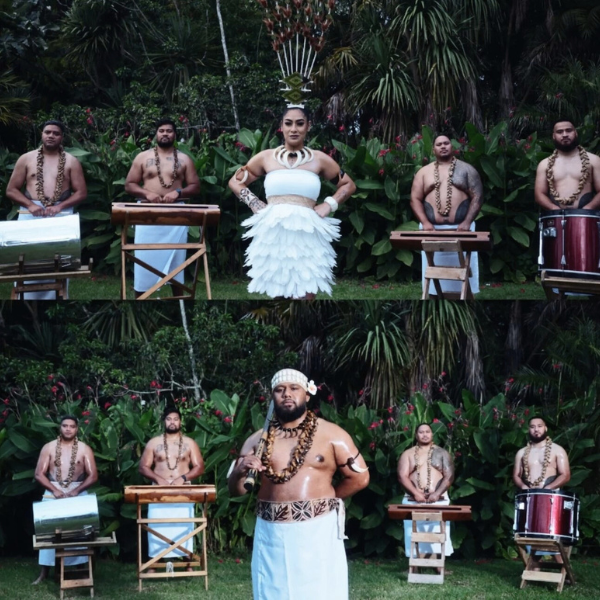
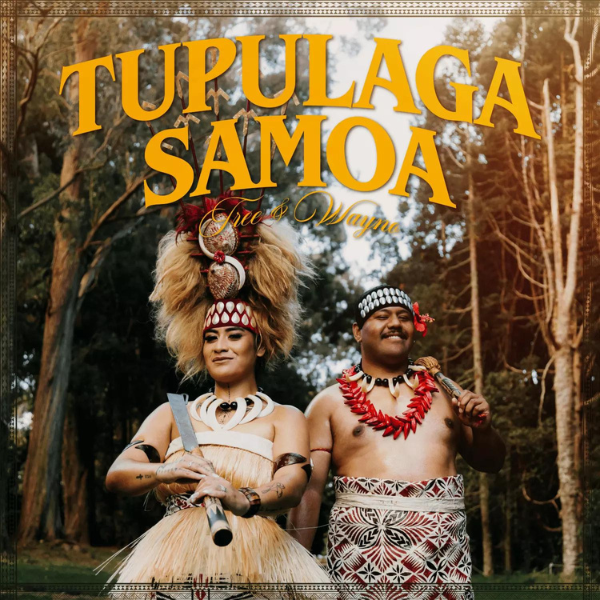

Tree described the collaborative process of bringing the video to life as amazing, highlighting their supportive dynamic where they filled in each other’s gaps and had each other’s backs. She characterized their working relationship as embodying a big sister-little sister vibe: Tree as the dreamer and Liz as the realist, a balance that was evident even in the creation of the “Tupulaga Samoa” music video.Tree envisioned a tropical setting with full representation—from young to old, men and women of all sizes and shades. Collaborating with choreographers, they discussed and refined ideas to embody unity, strength, and empowerment. Tree meticulously selected elements that would reflect these themes in the video, focusing on costumes and attire down to every detail. Liz, her older sister, translated these concepts into realistic formations and visual representations.
Their goal was to portray unity, paying homage to the song’s origins through various shots beautifully captured by Parker Films, who served as the director of photography and one of the editors. Tree emphasized that even the smallest ideas and details contributed significantly to the final product, underscoring the impact of their collective vision. Tree’s message to aspiring Pasifika artists and beyond is one of authenticity and self-confidence: to embrace one’s uniqueness and run one’s own race without comparison. She believes that everyone has their own path to navigate, supported by the conviction that God doesn’t give challenges one cannot handle. This philosophy permeates both her music and her life.
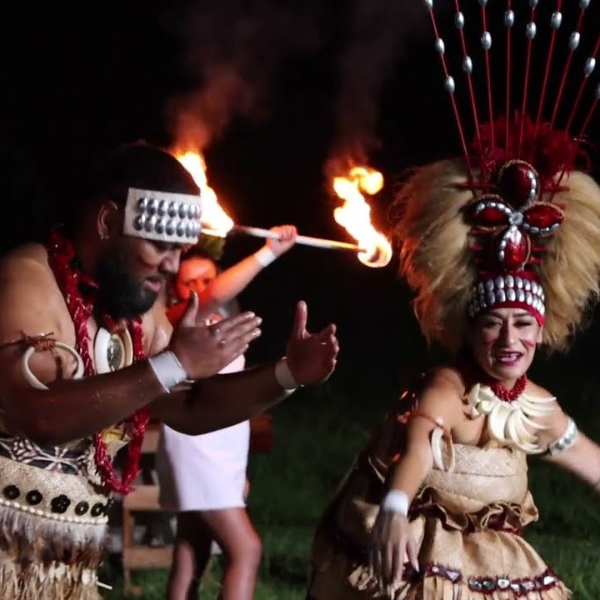
Congratulations to Tree, Liz, Wayno, and all involved in bringing “Tupulaga Samoa” to life—an inspiring creation that resonates not only with youth but with everyone. Through sharing their story, Tree hopes to inspire others to embrace their true selves. Be sure to experience Tree and Wayno’s “Tupulaga Samoa” track and music video—it’s a journey worth taking.

